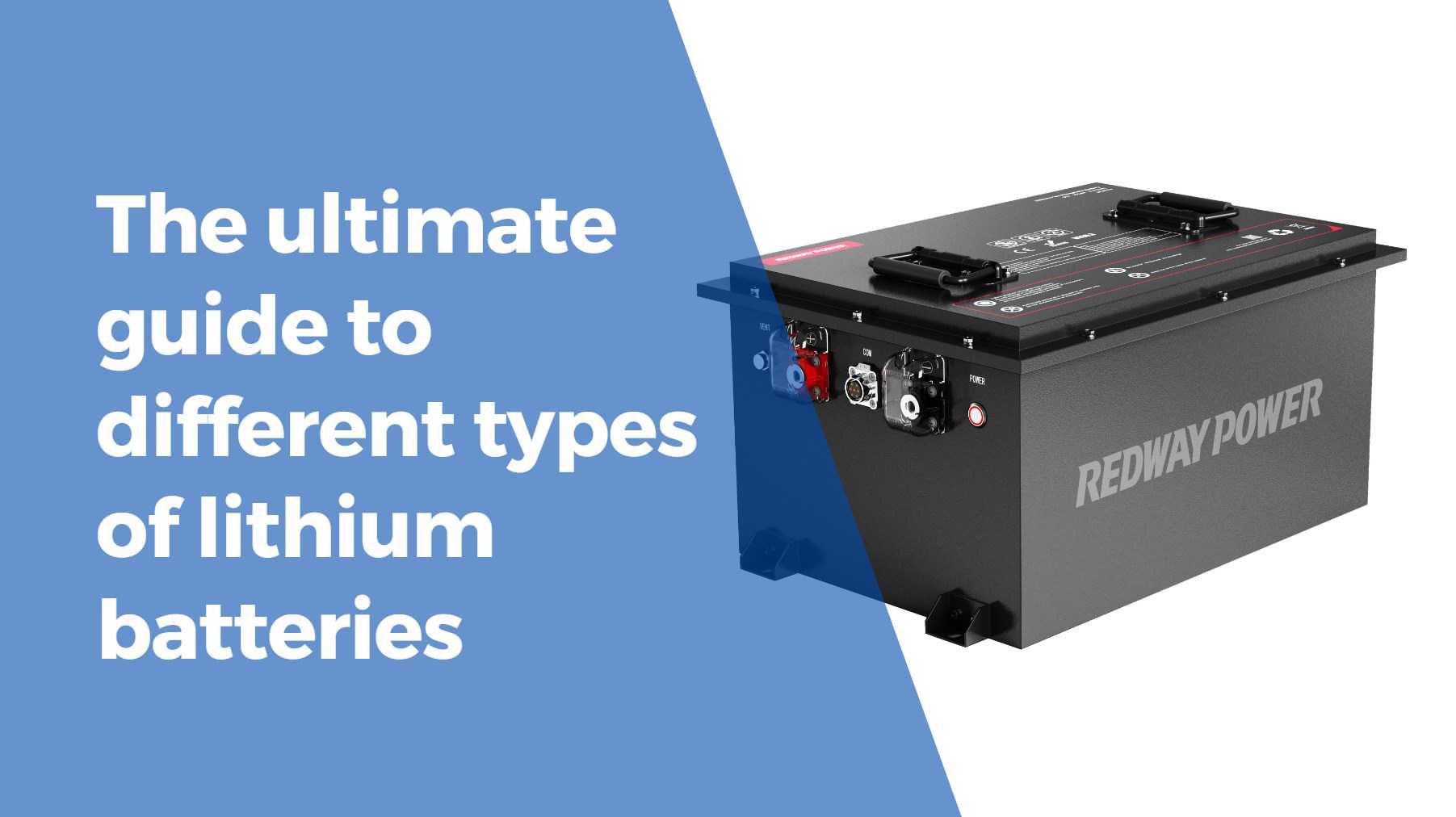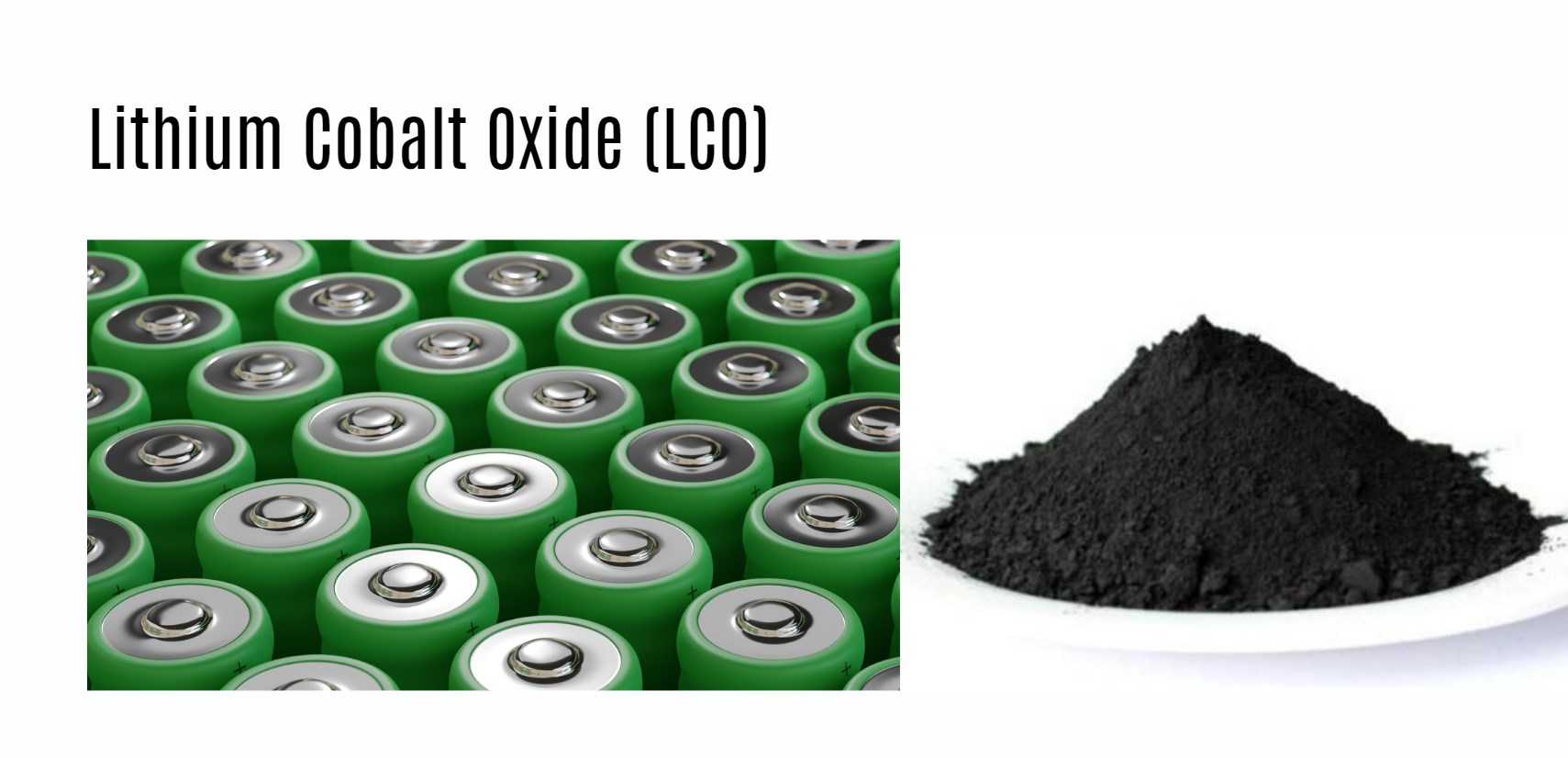Lithium batteries are a cornerstone of modern technology, powering everything from smartphones to electric vehicles. As an expert in lithium battery manufacturing, we aim to provide an in-depth analysis of the various types of lithium batteries available today. This guide will explore the characteristics, advantages, and applications of each type, helping you make informed decisions for your energy needs.
Lithium Cobalt Oxide (LCO)
Overview
Lithium Cobalt Oxide (LCO) batteries are widely used due to their high energy density. These batteries are commonly found in consumer electronics such as smartphones, laptops, and cameras. The high energy density allows these devices to run longer on a single charge, which is essential for daily use.
Advantages
- High Energy Density: LCO batteries provide a large amount of energy per unit weight, making them ideal for portable devices.
- Mature Technology: With years of development, LCO batteries have proven reliability and widespread availability.
Disadvantages
- Thermal Stability: These batteries are less stable and can overheat, leading to potential safety issues.
- Lifespan: The lifespan of LCO batteries is shorter compared to other lithium batteries, which can be a limitation for long-term applications.
Applications
LCO batteries are best suited for consumer electronics where high energy density and compact size are crucial. They are not ideal for applications requiring high safety and long life cycles, such as electric vehicles or large-scale energy storage.
Lithium Manganese Oxide (LMO)
Overview
Lithium Manganese Oxide (LMO) batteries are known for their stability and safety. They have a lower energy density compared to LCO batteries but offer better thermal stability and safety, making them suitable for high-demand applications.
Advantages
- Safety: LMO batteries are more resistant to thermal runaway and overheating.
- Durability: These batteries can withstand higher temperatures and are less prone to degradation.
Disadvantages
- Energy Density: The lower energy density means these batteries are larger and heavier for the same amount of energy compared to LCO batteries.
Applications
LMO batteries are commonly used in electric vehicles, power tools, and medical devices, where safety and reliability are more critical than energy density.
Lithium Iron Phosphate (LFP)
Overview
Lithium Iron Phosphate (LFP) batteries are gaining popularity due to their excellent thermal stability, long lifespan, and safety. They are commonly used in renewable energy storage systems and electric vehicles.
Advantages
- Long Lifespan: LFP batteries have a longer cycle life compared to other lithium batteries.
- Thermal Stability: High resistance to thermal runaway, making them safer.
- Environmental Friendliness: LFP batteries are considered more environmentally friendly due to their non-toxic and stable chemistry.
Disadvantages
- Energy Density: Lower energy density than LCO and NMC batteries, making them bulkier for the same capacity.
Applications
LFP batteries are ideal for applications where safety and long lifespan are paramount, such as home energy storage systems, solar power installations, and electric vehicles.
Lithium Nickel Manganese Cobalt Oxide (NMC)
Overview
Lithium Nickel Manganese Cobalt Oxide (NMC) batteries combine the benefits of both LCO and LMO batteries. They offer high energy density and good stability, making them a versatile choice for various applications.
Advantages
- Balanced Performance: High energy density combined with good stability and long lifespan.
- Versatility: Suitable for a wide range of applications from electric vehicles to energy storage systems.
Disadvantages
- Cost: The complex chemistry and use of cobalt can make these batteries more expensive.
Applications
NMC batteries are widely used in electric vehicles, power tools, and grid energy storage due to their balanced performance characteristics.
Lithium Titanate (LTO)
Overview
Lithium Titanate (LTO) batteries are unique for their high power density and fast charging capabilities. They are known for their exceptional lifespan and stability.
Advantages
- High Power Density: Excellent for applications requiring rapid charging and discharging.
- Lifespan: Extremely long cycle life, often exceeding 10,000 cycles.
- Safety: Highly resistant to overcharging and overheating.
Disadvantages
- Energy Density: Lower energy density compared to other lithium-ion batteries, making them less suitable for applications where space is limited.
- Cost: Higher production costs due to complex manufacturing processes.
Applications
LTO batteries are ideal for applications that require fast charging and discharging, such as electric buses, military applications, and certain industrial uses.
Choosing the Right Lithium Battery
When selecting a lithium battery, it is crucial to consider factors such as energy density, lifespan, stability, and safety. Each type of lithium battery has unique advantages and disadvantages that make them suitable for specific applications. For instance, LCO batteries are ideal for consumer electronics, while LFP batteries are better suited for renewable energy storage and electric vehicles.





